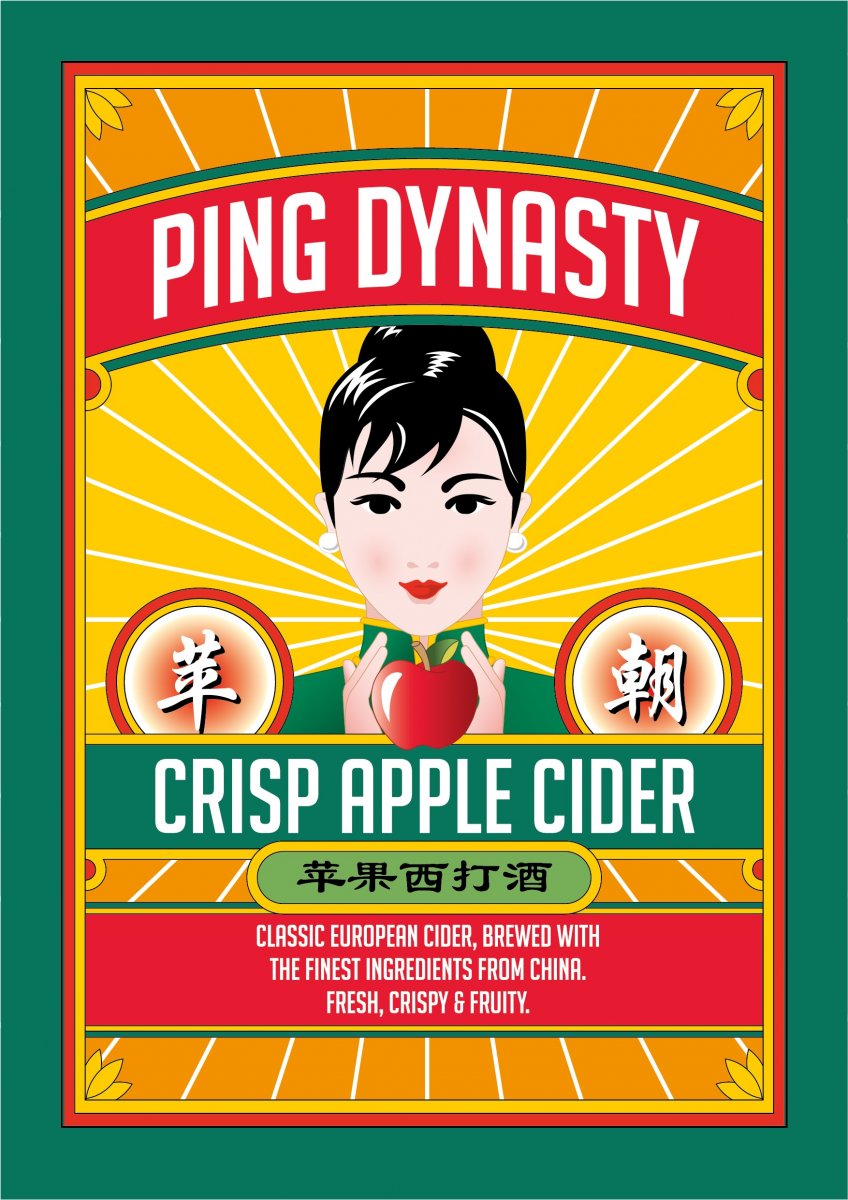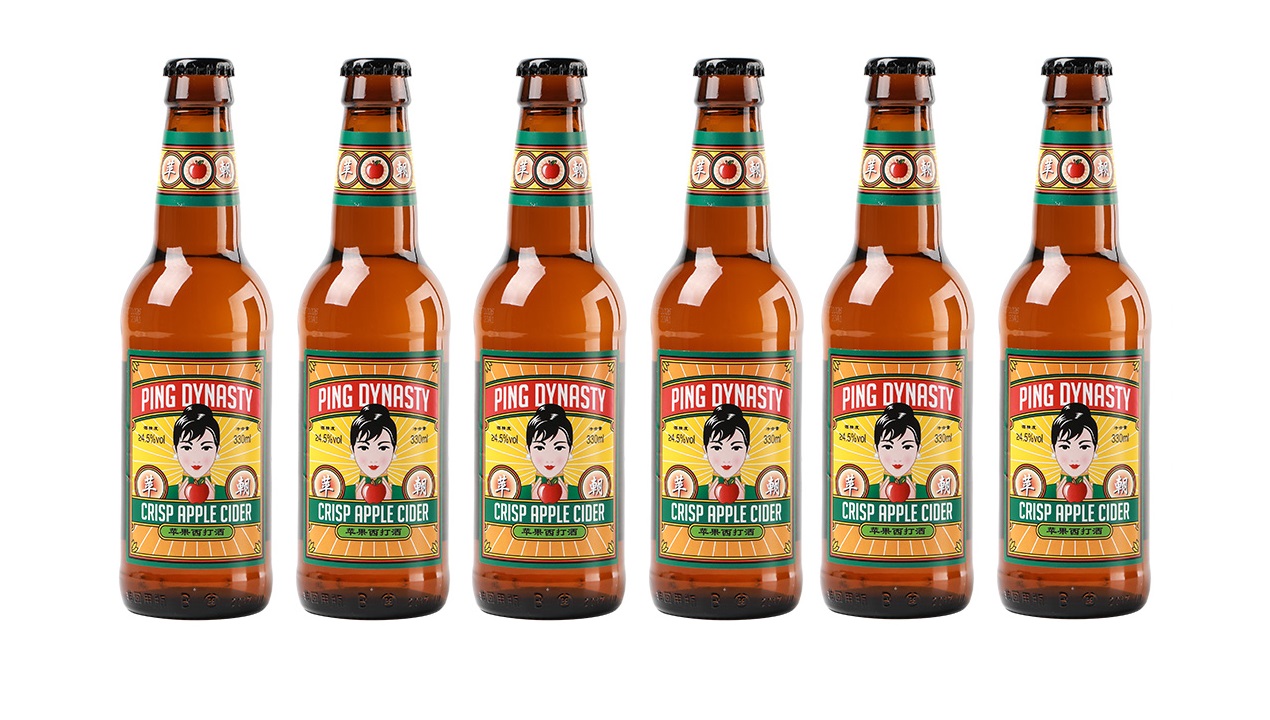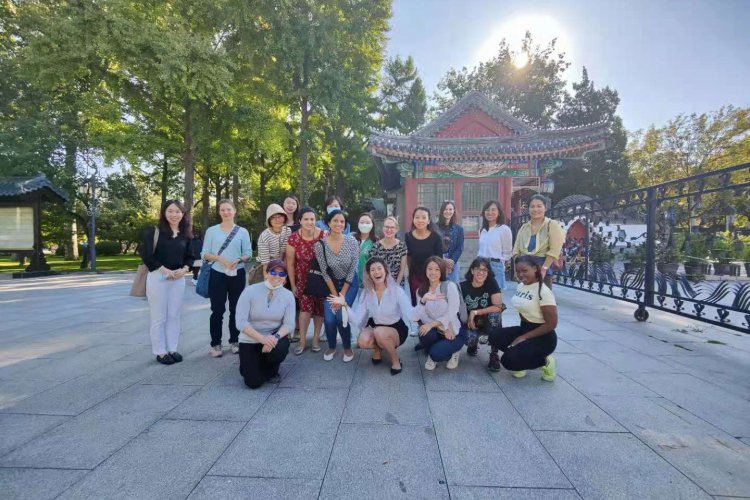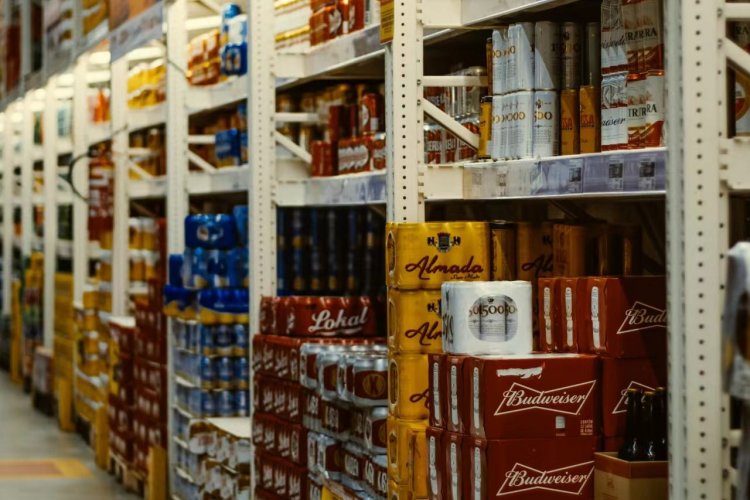Ping Dynasty Ushers in a New Era of Chinese Cider
Anyone with a penchant for drinking cider – the refreshing apple-based alcoholic beverage with a sweetness that helps a bottle of the stuff to go down far quicker than it should – is likely to have noticed a new contender in Beijing's market this past summer: Ping Dynasty Cider.
Brits and Swedes are likely to be quite familiar with cider, given that our countries have long traditions of drinking the stuff, but knowledge of the beverage is relatively lacking here in China. However, a combination of more Chinese students coming back from studying abroad, an increasing interest in drinking culture, as well as diversifying options, mean that the once rare drink is now leaving its mark.

In order to see where this trend is heading and figure out how this one particular brand seemed to capture the hearts and minds of local drinkers so quickly, we sat down with brains behind the project, El-Mar Bengal and Rowan McCann.
Tell me a little about yourselves. Where do you guys hail from?
Bengal: Germany, but I have lived all over the place.
McCann: Australia.
How long have you been in Beijing?
Bengal: I’ve been here for 18 years.
McCann: Three years.
Before starting up Ping Cider, what were you both doing?
Bengal: I founded some bars in Sanlitun here in Beijing. I even had one down in Quzhou, Jiangsu. There were also some clubs that I established, and I’ve always loved organizing music festivals. I still DJ today.
McCann: I was a chief technology officer in both New York and London.
What inspired you to start producing your own ciders?
Bengal: Actually, I thought of the idea when running my own bar. I was stocking some there, but the imported cider always seemed to run out of stock. I knew China was the world’s biggest apple producer, so it was obvious that someone needed to be the first one to make cider with Chinese apples. I decided that someone would be me.
McCann: Cider is really big in the UK and when I lived there, I really enjoyed drinking it, especially during the summer months. When I moved to Beijing in 2015, I was quick to notice that the city did not have much cider available. There were bound to be many others who made this observation. With this in mind, I assessed the options of importing versus domestically producing and chose the latter.

So you said your aim was to create a brand based on Chinese apples. Where are the apples from?
Bengal: Our apples are from Shandong province, one of China’s premium apple growing areas. We have several contracting brewing facilities. Currently, we are brewing near Hangzhou with the water from the “Thousand Island Lake.”
With so much ground covered and having lived in China a while, what are your thoughts on the current state of the bar/alcohol industry here?
Bengal: We’re really happy with the results thus far this year. It’s amazing to think that we’ve already sold over 65,000 bottles this year alone. As for the bar industry here, it certainly has grown a lot in the past couple of years. This is part of the reason we are coming out now.
McCann: it’s fantastic to see that the first-tier cities have already established craft beer industries, especially here in Beijing. The tier two and three cities also have a rapidly developing drinking and bar-hopping culture. I’m glad that it’s becoming more than simply KTV venues there.
Do you think there have been any other important aspects of China or challenges that you’ve faced trying to get the cider out there?
Bengal: For me, it’s all been about being patient and waiting for things to happen, especially since cider is new to a lot of Chinese. Once they try it, however, they usually are quick to want more!
McCann: Business in China is much less transactional than in other countries. It is more relationship based, which means it takes longer to execute certain things.
If things continue to go so well, what plans do you have for the company?
Bengal: We are coming out with new cider flavors. They will be sweet bayberry and dry mulberry. I’m particularly excited about the sweet bayberry flavor. It’s known as yangmei in Chinese and sometimes called the Chinese strawberry. I feel the local flavor will really set us apart. We’re also planning to further expand our sales regions and ramp up production in 2019. Besides that, we’re working on our new brand of premium hemp drinks. They’ll be called Fireseed, so look out for those!
Which bars can we find Ping?
Bengal: We’re already being sold in 100 bars all over China. In Beijing, you can find us at Caravan, The Local, Temple, Red Dog, Paddy’s, Kai Club, The Great Outdoors, and many others.
READ: An Interview With Beijing's King of Homebrewed Cider
Images courtesy of Ping Dynasty Cider







